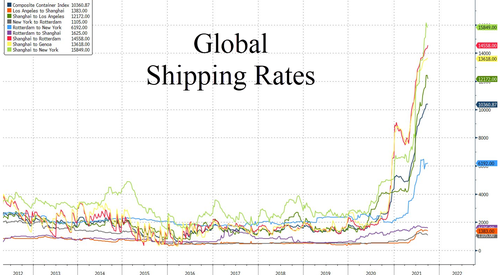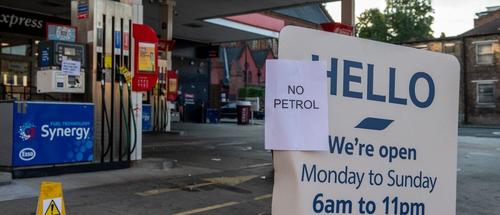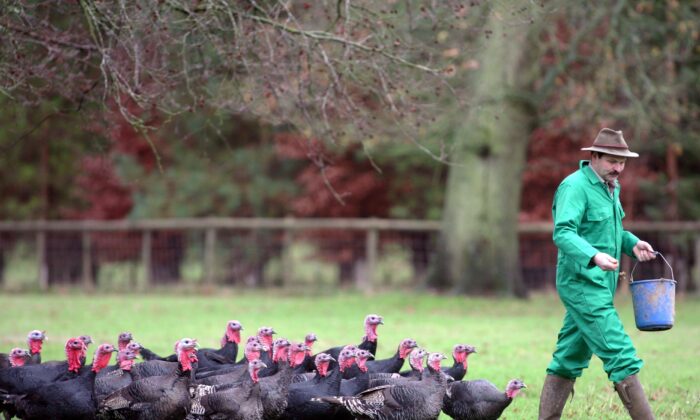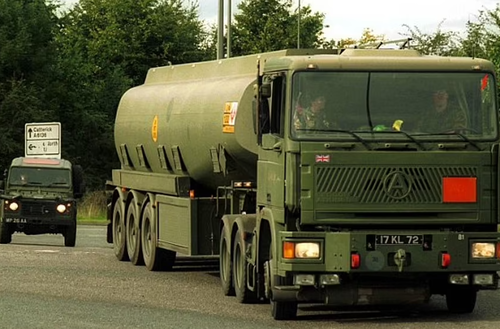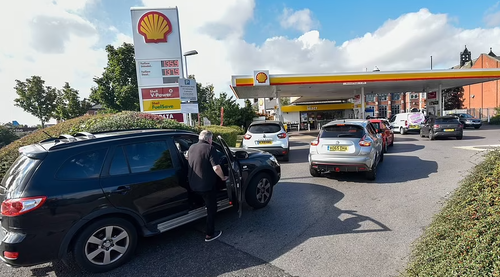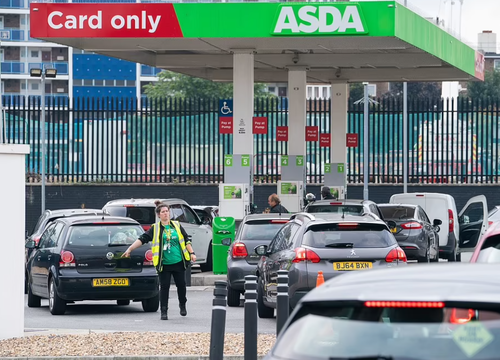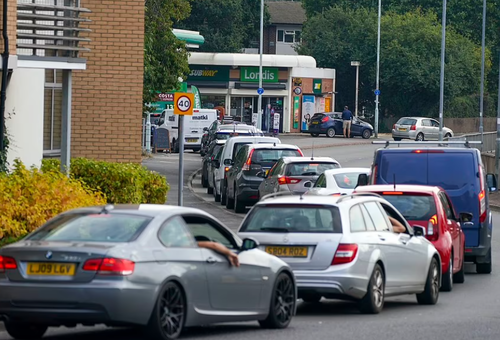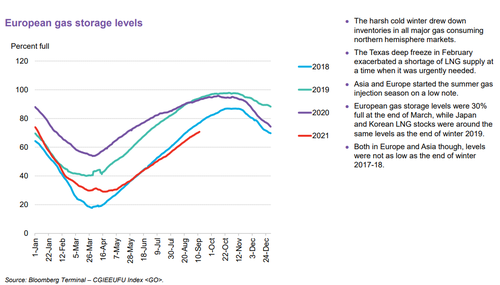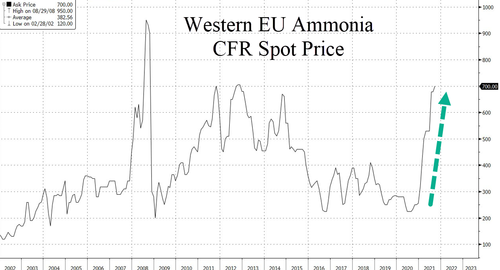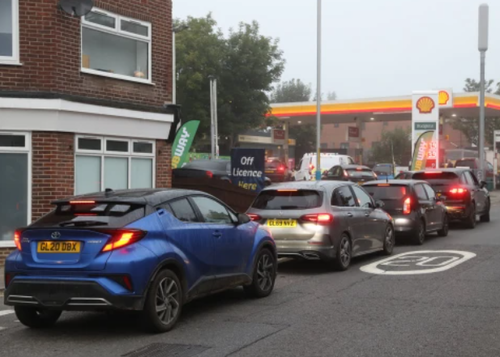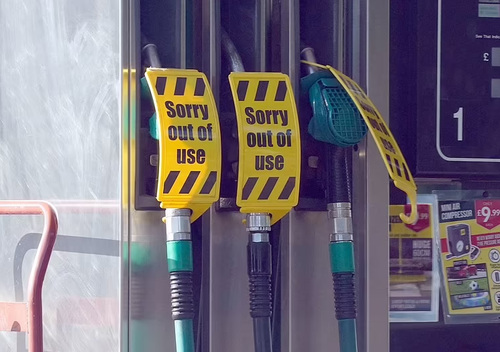Economic cornucopians who believe “innovation” and “substitution” will solve every constraint on the resources needed for modern civilization use a clever piece of misdirection to deflect the arguments of those concerned about limits. These cornucopians say that the claim by the limits crowd that we will “run out” of resources we need to maintain the smooth functioning of our complex industrial society is nonsense.
But that statement is a straw man designed to avoid the real issue, an issue which we see in abundance all around us today, namely: Things do not have to run out for their scarcity to become destabilizing. This is a key argument among those concerned about limits and the effects of those limits on the stable functioning of modern society.
We have not run out of fossil fuels but shortages are creating widespread problems in China and Europe. We are not running out of water in the world, but there is not enough of it in the right place to supply all the needs of those living in the American Southwest. That lack of water is leading to a reduction in geothermal power generation as well. And, drought in California is reducing the amount hydroelectric generation by a third so far this year.
High natural gas prices in Europe are not only affecting those who burn the fuel for heat and transportation, but also those who use natural gas as a chemical feedstock. Two British fertilizer plants ceased operations because the high price of natural gas is making it too costly to produce nitrogen fertilizers…
…click on the above link to read the rest of the article…



